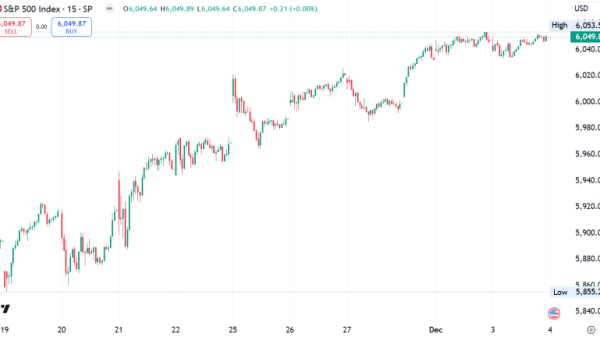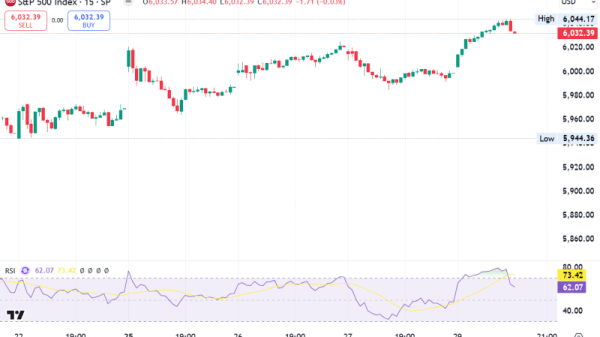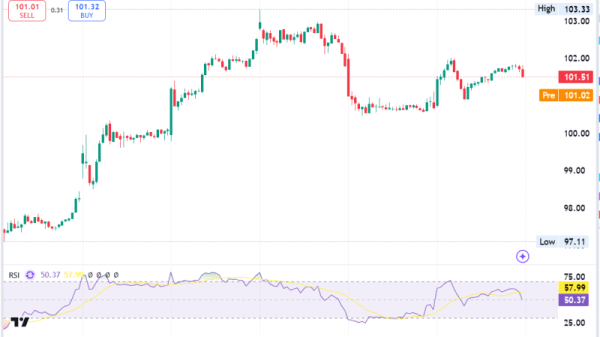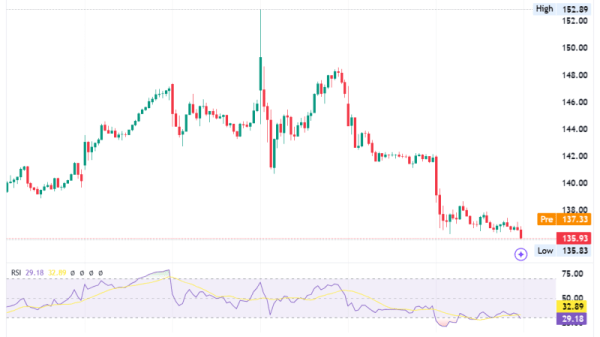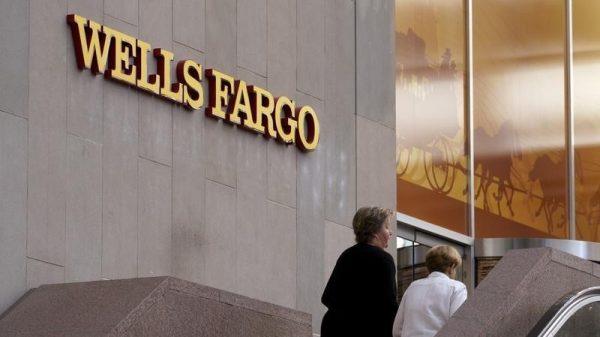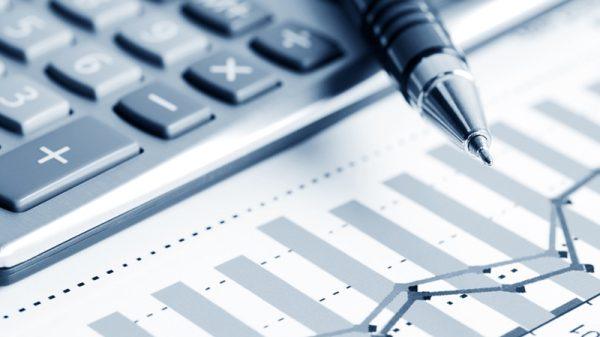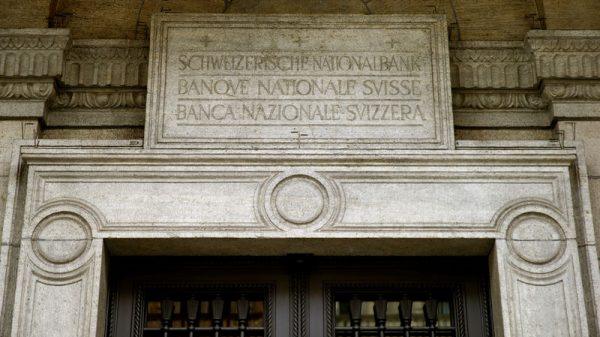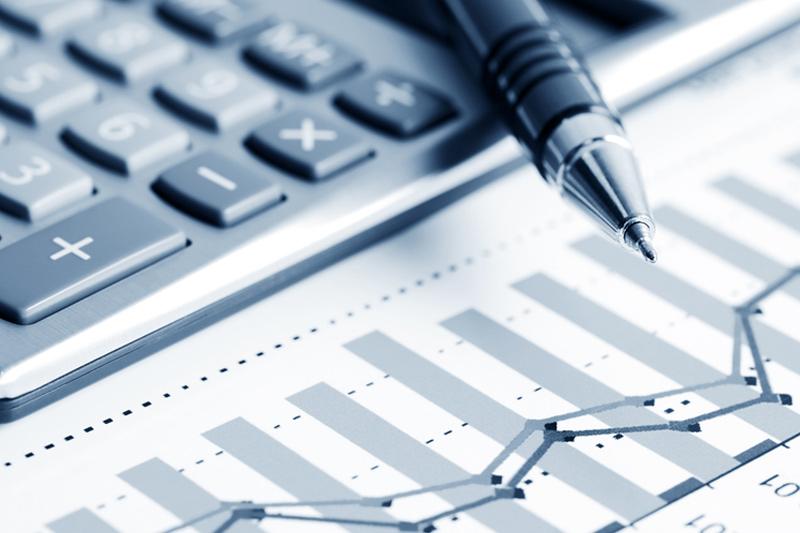Investing.com — As Europe approaches 2025, Jefferies has outlined seven key factors it will be closely monitoring that could shape the region’s economic and energy landscape.
These factors, ranging from Germany’s budgetary concerns to Europe’s evolving energy strategy and sustainability investments, are critical in determining the region’s trajectory as it navigates through a complex global environment.
One of the first areas under scrutiny is Germany’s fiscal policy. With the country facing challenges in its 2025 budget discussions, the question arises whether these fiscal constraints will hamper Germany’s energy transition efforts.
Jefferies anticipates that the process of reaching an agreement on the budget could take longer than expected, leading to a spending freeze. Such delays in fiscal commitments might slow the pace of Germany’s green energy initiatives in the short term.
However, with a potential reform of the debt brake and the expected arrival of more expansionary fiscal policies towards the end of 2025, there could be a turning point for energy transition funding.
Another key factor Jefferies will be watching is the possibility of a “peace dividend” following the resolution of the ongoing war in Ukraine.
While much depends on the political dynamics, particularly the outcome of the U.S. presidential elections and potential shifts in foreign policy, Jefferies notes that a ceasefire or peace agreement would likely create investment opportunities, especially in reconstruction efforts.
The World Bank has already identified urgent needs in sectors like housing, transport, and energy.
Should these efforts align with the EU’s climate and energy standards, it could boost demand for European low-carbon products and services, providing a unique opportunity for companies leading the transition to a green economy.
The EU’s response to the U.S. Inflation Reduction Act remains another critical area of focus. After the EU’s Net-Zero Industry Act fell short, the upcoming EU Clean Industrial Deal, expected in the first quarter of 2025, is seen as a potential game changer.
Jefferies will be tracking how the EU adapts its industrial policies to streamline rules around state aid and encourage domestic low-carbon industries.
The UK, too, is making strides in decarbonisation, especially in carbon capture and storage and heat pump technologies, and how these efforts compare with EU policies will also be key.
Jefferies is also paying close attention to investor behavior in Europe’s low-carbon sector.
With policymakers poised to ramp up support for the region’s green innovators, Jefferies expects a wave of investment to flow toward European companies leading in fields like carbon capture, heat pumps, and wind power.
European leadership in these technologies is underscored by strong patent data, particularly in carbon capture, which Jefferies sees as an area of high investor potential.
Turning to ESG investments, Jefferies is cautiously optimistic. In 2024, European sustainability funds performed above expectations, with a growing number of Article 8 and Article 9 funds outperforming their benchmarks.
If this positive performance continues into 2025, Jefferies expects a return of capital flows into Europe’s ESG funds, signaling renewed confidence in the region’s sustainability initiatives.
Another development Jefferies is monitoring is the EU’s growing role in mergers and acquisitions within the energy sector. In an effort to protect European competitiveness, the EU may increase interventions in foreign investments and acquisitions of European companies.
At the same time, the EU could facilitate greater cross-border M&A activity to build stronger regional champions, particularly in the green energy and technology sectors. This would likely reshape the competitive dynamics in Europe’s energy transition.
Finally, Jefferies flag the upcoming disclosures under the EU’s Corporate Sustainability Reporting Directive, which will begin to surface in March 2025.
Jefferies anticipates that these disclosures will prompt investors to reassess their approach to evaluating sustainability, potentially leading to shifts in investment strategies based on the emerging data.

